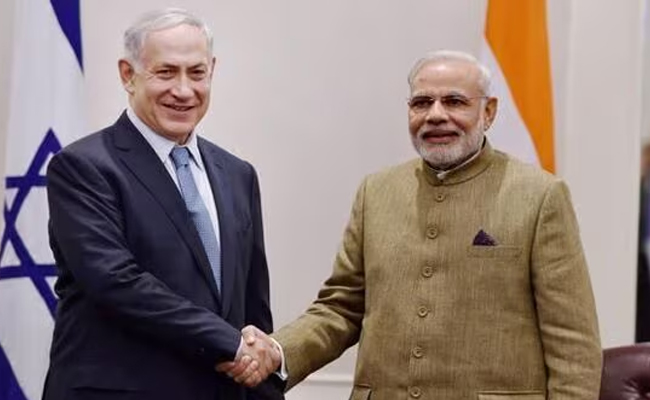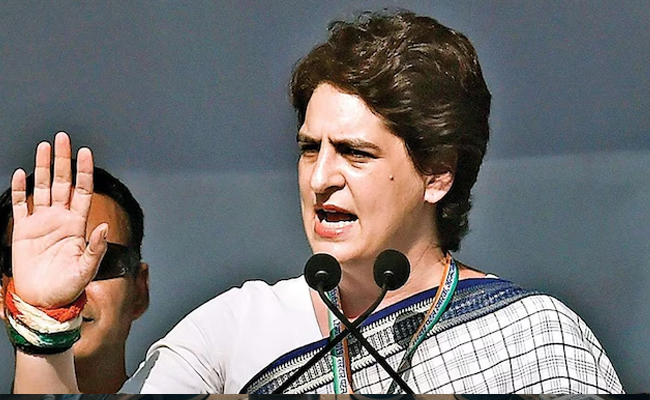Rajkot: Ahead of the India vs England third Test at the Niranjan Shah Stadium in Rajkot, an emotional and heartwarming moment unfolded as Sarfaraz Khan received his Test cap from legendary cricketer Anil Kumble. The scenes were poignant as Sarfaraz's father, Naushad, standing on the sidelines, couldn't contain his emotions.
Kumble, accompanied by the Indian team, handed the Test cap to Sarfaraz, who, in an emotional exchange, immediately ran towards his father. With tears streaming down Naushad's cheeks, he accepted the cap from his son, kissing the badge on it. The touching moment was a culmination of a dream nurtured by the father and fulfilled by the son through years of dedication and outstanding performances.
Sarfaraz wiped away tears from his father's face and shared a heartfelt hug, creating a scene that resonated with cricket fans globally.
Sarfaraz's journey to the Test arena was marked by remarkable performances in three outstanding Ranji Trophy seasons, where he consistently scored centuries and even challenged Don Bradman's first-class average for a brief period. Despite his stellar domestic record, he was initially overlooked for national selection.
The turning point came when KL Rahul's injury paved the way for Sarfaraz's maiden call-up as a replacement for the third Test against England. Slotted to bat at No.5, a position he has dominated in first-class cricket for Mumbai, Sarfaraz finally made his Test debut.
While the emotional exchange with his father added a personal touch to the debut, Sarfaraz's performance on the field will be keenly watched as he aims to make his mark in international cricket.
In addition to Sarfaraz, another debutant for India in the third Test was Dhruv Jurel, who took over wicketkeeping duties from KS Bharat. The Indian XI also witnessed changes in the bowling department, with Ravindra Jadeja returning in place of Axar Patel, and Mohammed Siraj replacing Mukesh Kumar in the pace bowling attack.
As the video of Sarfaraz consoling his crying father circulates on the internet, fans are eagerly awaiting his performance in the prestigious Test format.
A dream of every father that his son succeed in life.
— PrashantPathak🚩 (@PrashantHindu52) February 15, 2024
Such a emotional moment 🥺
Sarfaraz Khan test debut in cricket#SarfarazKhan #INDvsENGTest #ICC #BCCI #Cricket pic.twitter.com/JA4ECuSynV
Let the Truth be known. If you read VB and like VB, please be a VB Supporter and Help us deliver the Truth to one and all.
New Delhi (PTI): Prime Minister Narendra Modi on Wednesday said India and Israel share a robust and multifaceted strategic partnership that has witnessed remarkable growth and dynamism, and he is looking forward to his discussions with Prime Minister Benjamin Netanyahu.
The prime minister is due to leave for Israel on on Wednesday on a two-day visit.
Before embarking, Modi said he was confident that his visit would further consolidate the "enduring bonds" between India and Israel, set new goals for the strategic partnership, and advance the countries' shared vision for a resilient, innovative, and prosperous future.
ALSO READ: Hope PM Modi mentions genocide in Gaza while addressing Knesset: Priyanka
Modi said the visit comes at the invitation of his "dear friend Prime Minister Netanyahu."
"I look forward to my discussions with Prime Minister Netanyahu aimed at further strengthening our cooperation across various domains, including science and technology, innovation, agriculture, water management... defence and security, trade and investment, as well as people-to-people ties," he said in his departure statement.
The prime minister said the two leaders will also exchange views on regional and global issues of mutual interest.
During the visit, Modi will meet with Israeli President Isaac Herzog.
"I will also have the honour of becoming the first Indian Prime Minister to address the Israeli Parliament, Knesset, an occasion that would be a tribute to the strong parliamentary and democratic ties that bind our two nations," he said.
Modi said he is looking forward to interacting with the members of the Indian diaspora who have long been nurturing the India-Israel friendship.





